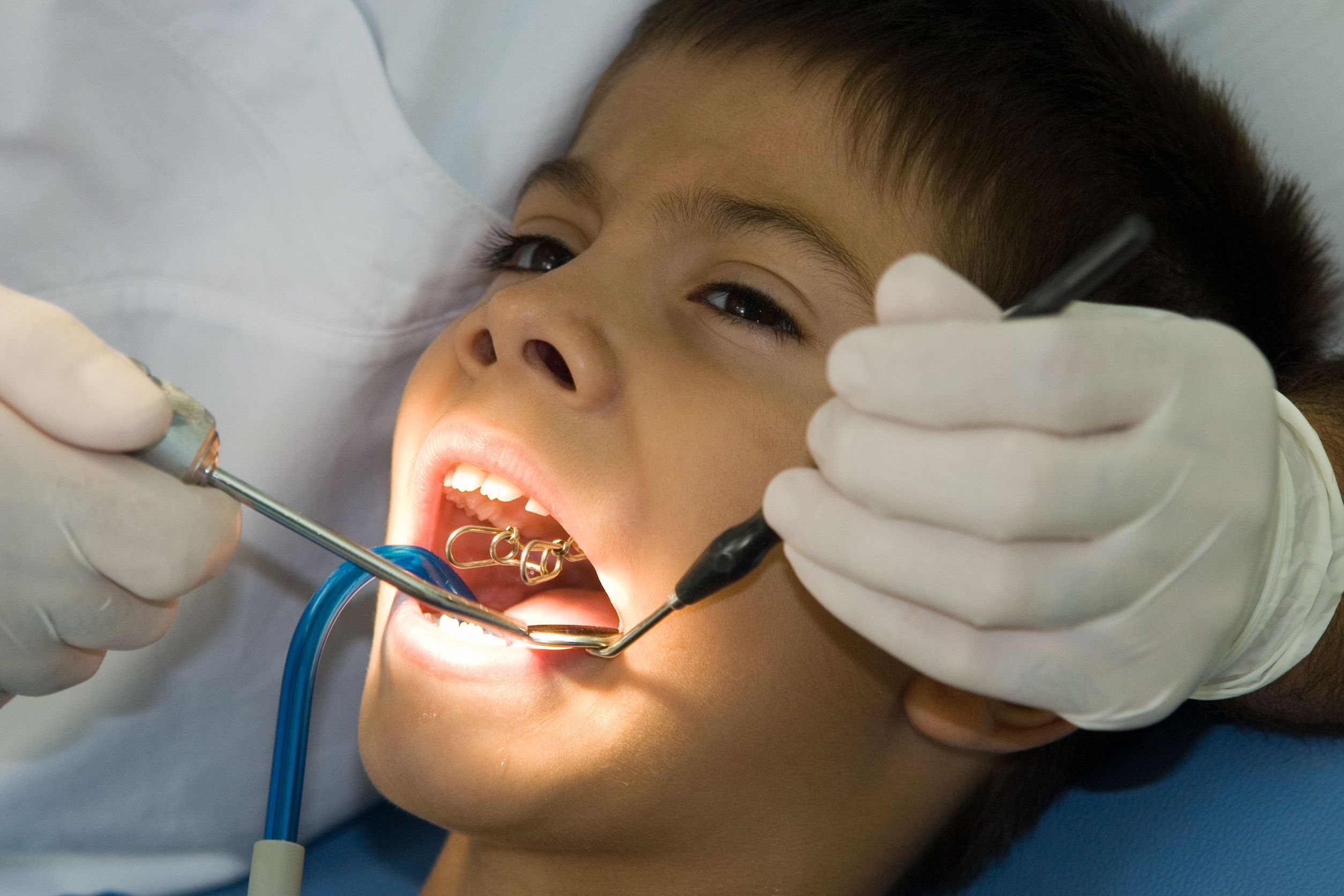Cavities in Bollingbrook
Advances in dental hygiene and awareness of the need for diligent daily tooth care have cut down on the number of cavities in this country but these little holes in the teeth are still prevalent enough to cause concern.
Cavities in Bollingbrook are still the most common of dental ailments treated by our doctor, Derrick L. Williamson, DDS. Cavities are caused when particles of food, particularly from carbohydrates are left on the teeth and are turned into acids by bacteria in the mouth. Plaque forms and clings to the teeth and turns into harder tartar. The plague, tartar and acids begin to eat into the tooth’s outer layer of enamel and then into the inner protective layer of dentin. If left untreated the decay can infect the tooth’s inner core of pulp, which extends down into the roots.
Prevention of cavities consists of brushing and flossing the teeth several times a day, especially after eating to get rid of the food particles as quickly as possible. Semi-annual professional teeth and gum cleanings by our dental hygienist are also essential to prevent
cavities in Bollingbrook. Our office can also use fluoride treatments to help strengthen the tooth’s enamel to protect against decay. Symptoms of cavities include tooth pain, especially when chewing as well as sensitivity to hot or cold substances. Our doctor will also probe your teeth for soft spots and use radiographs to pinpoint cavities, even those under the surface of the tooth.
Removing the decayed areas and whatever infected materials are trapped in the tooth treats
cavities in Bollingbrook. The doctor will
drill out all the decay and clean out the debris and affected materials, and then fill the cavity with a filling material, usually an amalgam or composite to protect the tooth and make it functional again. If the decay has infected the tooth’s roots our doctor will perform an endodontic treatment, a root canal, to clean out the roots and seal them from further decay. If an endodontic treatment is used or if the hole left in the tooth after the decay is removed is too large our doctor will place a crown on top of the tooth to both protect it and serve as a new chewing surface. If you think you have a cavity call our office for an appointment.
By Derrick Williamson DDS MS PC
December 31, 2016

Blog Posts
Referring Doctors


